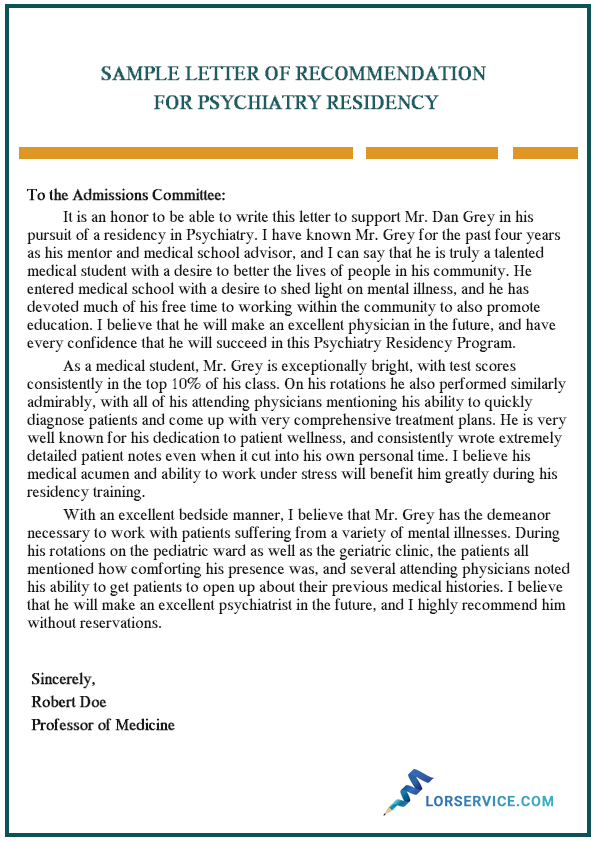

It’s not necessary to include answers to all of these questions (and of course these prompts are asking about an applicant’s suitability for MIT specifically), but they could be a good starting point. Are there any unusual family or community circumstances of which we should be aware?.Has the applicant ever experienced disappointment or failure? If so, how did they react?.If you have knowledge of MIT, what leads you to believe MIT is a good match for this person? How might they fit into the MIT community and grow from the MIT experience?.

What will you remember most about this person?.How does the applicant interact with teachers? With peers? Describe their personality and social skills.What motivates this person? What excites them?.Does the applicant have any unusual competence, talent, or leadership abilities?.Has the student demonstrated a willingness to take intellectual risks and go beyond the normal classroom experience?.What is the context of your relationship with the applicant? If you do not know the applicant well and are only able to write a brief summary, please acknowledge this.However, Massachusetts Institute of Technology (MIT) offers some useful prompts that can help you structure your writing.

LETTER OF RECOMMENDATION HOW TO
If you're wondering how to write a college letter of recommendation, one of your biggest questions is probably simply "what?" - exactly what material should you talk about?ĭifferent US institutions have slightly varying recommendation requirements. What should you include in a college letter of recommendation? If the answer to all three of these questions is “yes”, then go ahead and write that recommendation! Remember, the purpose of the letter is to give a positive, honest and specific account of your students’ strengths and achievements - so ask yourself (or your members of staff) if this is possible.
Can you provide a positive assessment of this student, either in an academic or personal context?. Are you able to write about this student, and their achievements?. Have you worked closely with this student before?. In these cases, it’s important to ask the following questions: However, there may be times when you or your members of staff aren’t sure whether they are qualified to write a particular student’s recommendation. However this should only be considered if a teacher or counsellor is not available, or if the student is applying for a specialist degree.īefore we dive into the details of writing recommendations, it’s worth touching on how recommendation writers are selected.įor the most part, a student is responsible for approaching potential recommendation writers (and there is plenty of guidance available to help them choose who to ask). In some cases, it might be acceptable to include a recommendation from a different source, for example a sports coach or music teacher. Most universities require applicants to provide multiple recommendation letters, including one from the students’ counsellor, and one to three from different subject teachers. Who should write the college letter of recommendation? In it, we dive deep into how to write a college letter of recommendation, focusing on areas like what should be included in a great recommendation letter, the differences between a teacher and a counsellor recommendation, and our top tips for helping you portray your students in the best possible light. So if you’re a counsellor or teacher and you want to make sure you really know how to write a college letter of recommendation, this blog post is for you! With such an important role to play, recommendations hold substantial weight in admissions decisions, and can often be the deciding factor in whether a student is accepted or not. This is where the letter of recommendation comes in.Īlong with the personal essay, letters of recommendation provide admissions officers with insights they could not gain from the rest of the application, and help them really get a feel for a student’s character - their passions, values, strengths, and goals. This means that they want to get to know the student as an individual, rather than relying solely on grades and test scores. Unlike some other countries, universities and colleges in the USA famously use a holistic process when judging student applications. Nailing this document can be the difference between students getting into their dream university and missing out on a spot. One of many new counsellors' biggest priorities is learning how to write a college letter of recommendation.







 0 kommentar(er)
0 kommentar(er)
